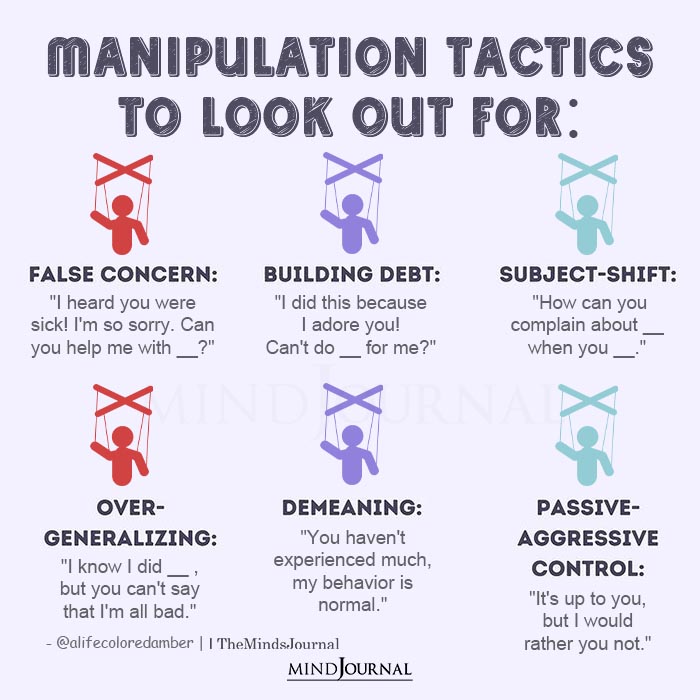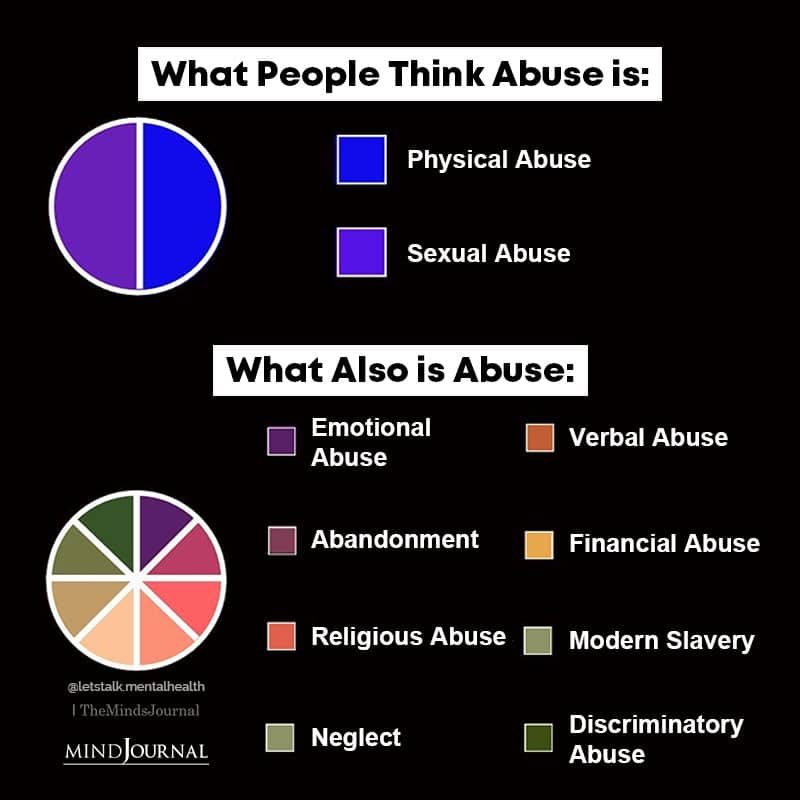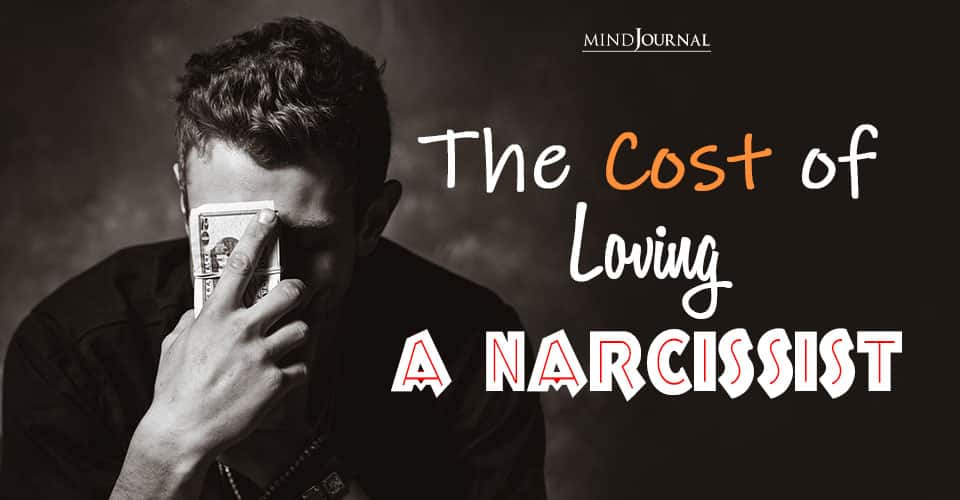One of the major signs of narcissistic abuse and also one of the most overlooked ones probably is financial abuse. In order to understand how narcissists financially abuse their victims, it’s also important to know what is financial abuse and what are the signs of financial abuse.
KEY POINTS
- Financial abuse is one way for a narcissist to gain and maintain control in a relationship.
- Narcissists cannot feel empathy, so they won’t care about another’s debt or financial ruin.
- Brand names and price tags are more important to a narcissist than actual love.
Amongst a narcissist’s many obsessions, money ranks as one of the most important. Not only does money provide security and stability, but it offers narcissists one of their favorite tactics: control.
Financial abuse is quite common in narcissistic relationships and can take many forms, from hiding assets during a divorce to charging for rides to the store. What many people don’t realize is that financial abuse can happen even when just casually dating and far ahead of the wedding bells or divorce bills.
Related: Narcissist Financial Abuse: How They Create A Monetary Hierarchy
Dating a Narcissist
Dating is already very expensive. From finding a mate to preparing for the actual meeting, getting ready to impress someone is not for the faint of heart or light of pocket. When you end up dating a narcissist, you can expect your costs to skyrocket.
Many dating sites are free to sign up for initially, but eventually, end up costing money to upgrade or message other users. The sites vary in membership fees from a few bucks per month to longer subscriptions of monthly bundles, such as offered by JDate or Match (Healthy Framework).
In 2017, singles reported that they spent an average of $1,600 on dating which includes dating apps, date activities, and hair/makeup/clothing (Allan, 2017). However, while most of these costs have changed or adjusted due to the pandemic, 44% of singles in 2019 said their date finances have stayed the same (Singles in America, 2021).
So, whereas dining costs have gone down, for example, singles may be spending more on other things, such as gifts for their date.
If you wonder if your new partner is a narcissist, look to see how your pocket money is being spent. Are they ok with having a glass of wine with dinner or just an iced tea, or do they need the entire bottle regardless of price? If you show up with carnations, are they pleased or did they expect roses?
Narcissists are obsessed with appearing better than other people, which means your dates and gifts will be posted on social media as soon as possible. These individuals have very low self-esteem and self-worth and instead project a false persona to the public. They are deeply jealous of what other people have, but at the same time believe people to be jealous of them.
In addition, the expensive gifts and comments made on their photos feed their insatiable need for admiration (American Psychiatric Association, 2013).

The Importance of Brands and Price Tags
Narcissists are also not the type of partner to be ok with accepting an off-brand. They must have the best of everything or the brands that are popular within their circles.
Obsession with brands or insisting on only one type of label is a hallmark behavior of narcissists. You can’t just buy your narcissistic partner a pair of slippers from Target for Christmas; they must be Ugg brand for triple the price. Winter coats must be North Face or Columbia, purses can only be Michael Kors, and summer sandals can’t be the knockoffs from Walmart but can only be purchased from the Crocs store.
This reliance on brand names feeds their ego and a narcissist connects their own self-worth to that of the brand reputation. Jewelry will often sit in its box and only be taken out for photo opportunities. Miguel recalls when he bought his narcissistic ex-wife jewelry for a holiday: “She staged photos to post on Facebook and Instagram and tweet about it, and then it got put back in the box and she never wore it again.”
If you can’t afford it? Charge it. After all, it’s not the narcissist’s responsibility to pay bills or be held responsible for costs. The inability to feel any empathy for another’s suffering is another hallmark of narcissism (APA, 2013).
Related: 8 Mental Abuse Tactics To Watch Out For
Me, Me, Me…Never You!
Narcissists will also refuse to spend any of their own money on dates or spoiling their partner. They will never offer to pay and if they ever do, it’s simply for show. They may open their wallet to realize they “lost” their credit card, or they may imply that a trip is “their treat” and then hand you half the bill.
Narcissists are never generous with their own money, yet they expect others to cater to them (Burgemeester, 2021).
The sense of entitlement augments a narcissist’s reality, and they truly believe they deserve everything they demand (Burgemeester, 2021). Some narcissists go into insane debt to keep up appearances and please themselves; other narcissists cause other people insane debt to keep them happy.
A narcissist will also convince a partner to go in on a loan or financing contract with them so they can afford something they previously couldn’t. In this situation, the impact isn’t on the narcissist’s own credit score, but rather on their unsuspecting partner.
Jenny’s ex-boyfriend couldn’t get a loan on a top-of-the-line vehicle he wanted, so he convinced her to co-sign. Unbeknownst to Jenny, she was actually the first signer on the lease and her ex was the co-signer. “I thought I was the co-signer until I started getting bills in the mail. We broke up, but my name is still on the car, and he refuses to change it.”

Narcissists are unable to care about anyone but themselves. It doesn’t matter if their financial demands are hurting another person; they deserve what they want, and they want what they demand at any cost. They will not think twice about causing someone else humiliation or ruining credit scores if it gets them what they want.
They are so exploitative that not even family is a priority, which becomes apparent during divorces and custody settlements (APA, 2013; Hines, 2015). Narcissists thrive off of abusing other people in order to feel important and soothe their ego and will even resort to spreading rumors about another person if they believe they have been wronged.
Financial abuse is just another way for a narcissist to degrade and embarrass someone else and put themselves firmly in the first place.
Want to know more about narcissists and financial abuse? Check this video out below!
References:
[1]American Psychiatric Association. (2013). DSM-V. APA Publishing. [2]Burgemeester, A. (2021). The narcissist and money control. The Narcissistic Life. thenarcissisticlife.com [3]Hines, D. (2015). Narcissists sense of entitlement and inability to budget effectively. linkedin.com/pulse/narcissists-sense-entitlement-inability-budget-donna-hines/ [4]Allan, P. (2017). The cost of dating in America. Life Hacker. lifehacker.com/the-cost-of-dating-in-america-1794336431
Written By Kristy Lee Hochenberger Originally Appeared On Psychology Today










Leave a Reply